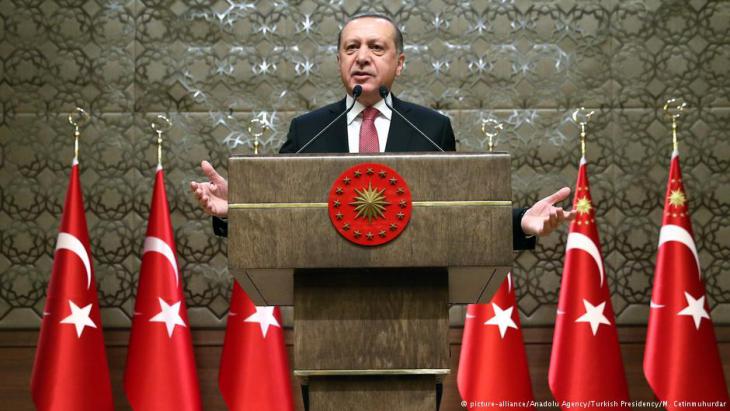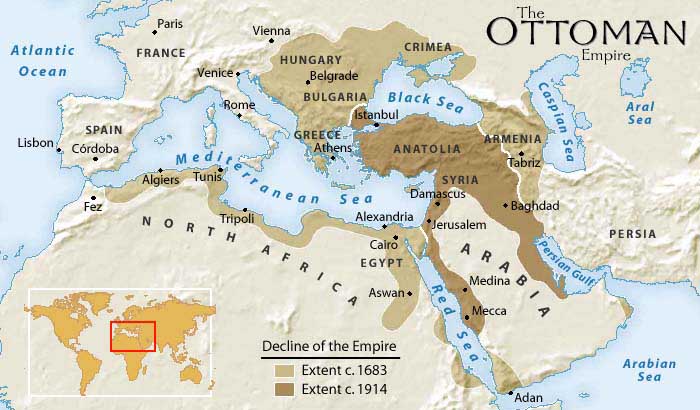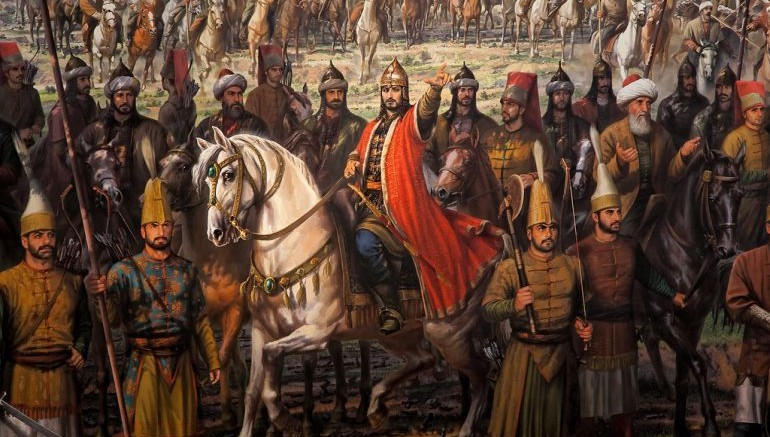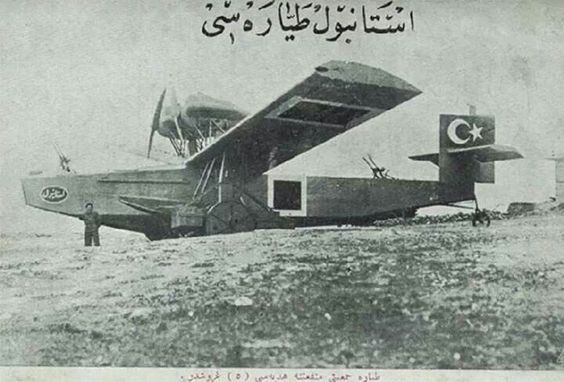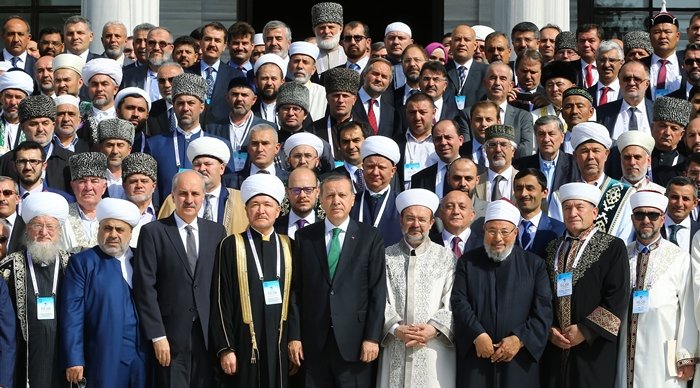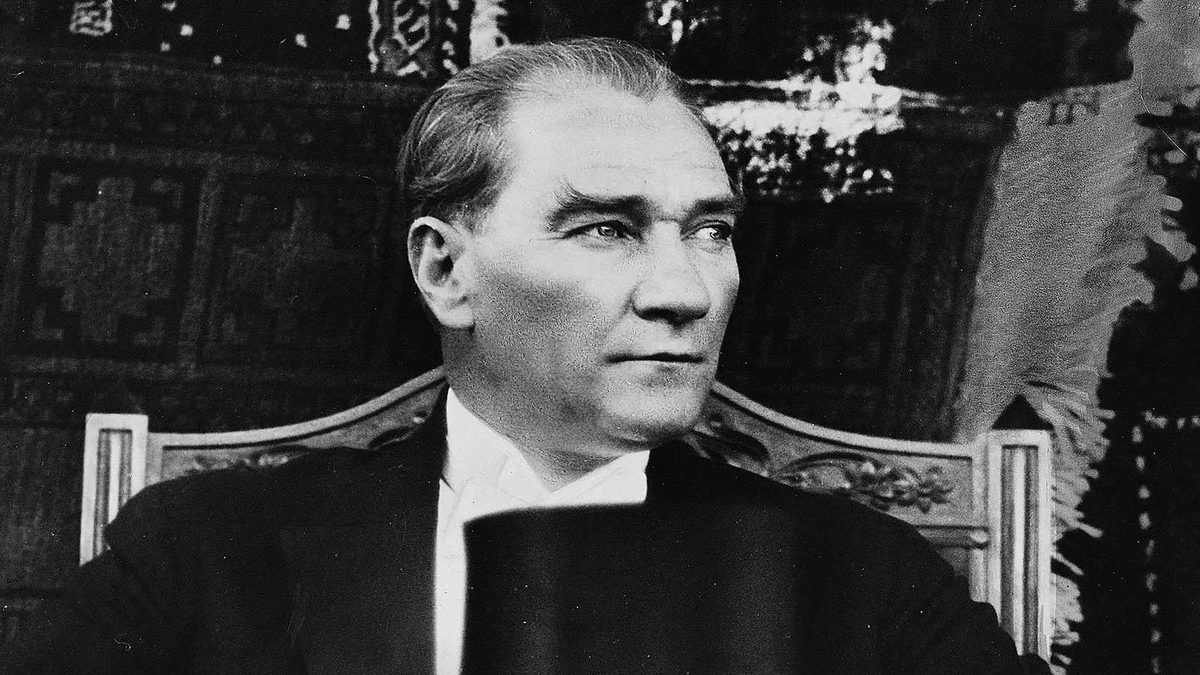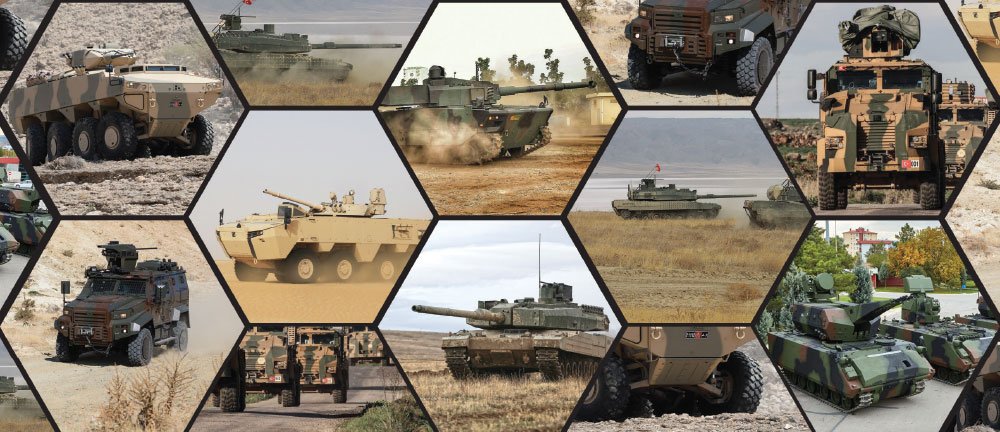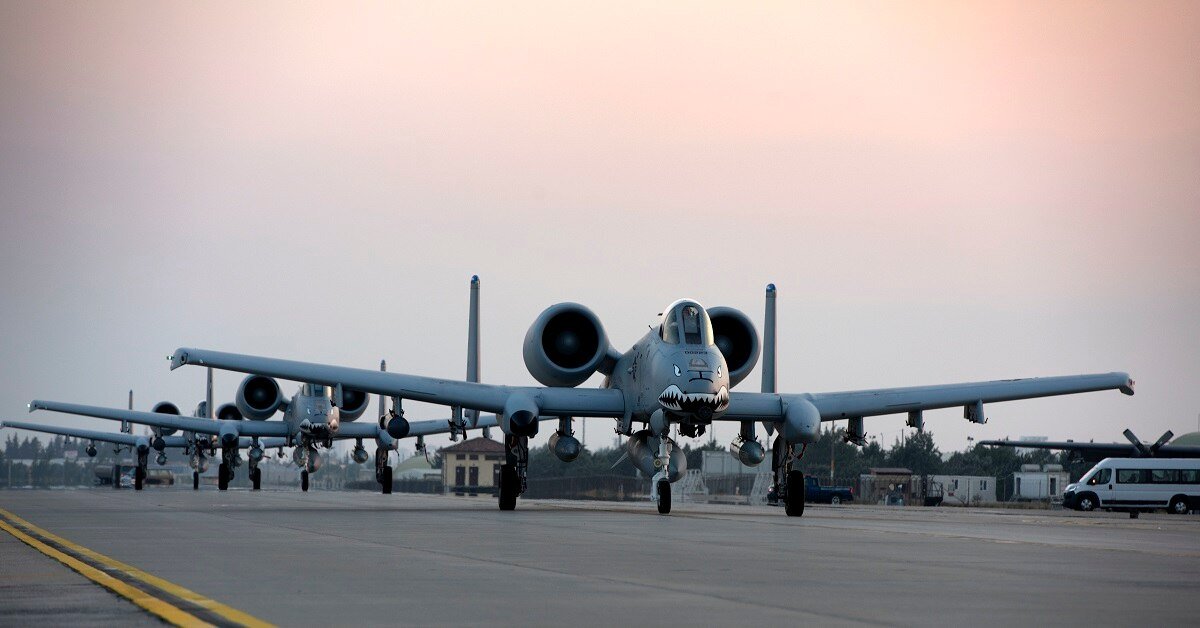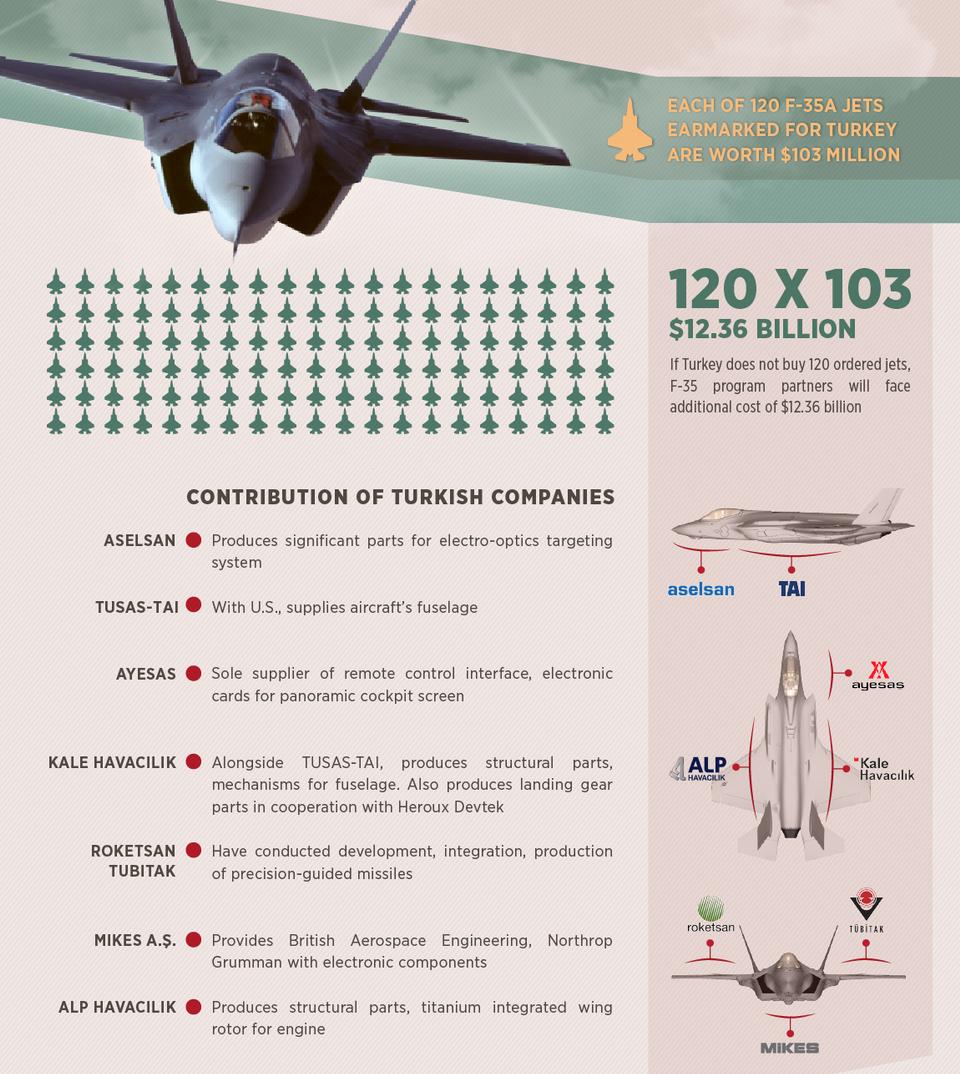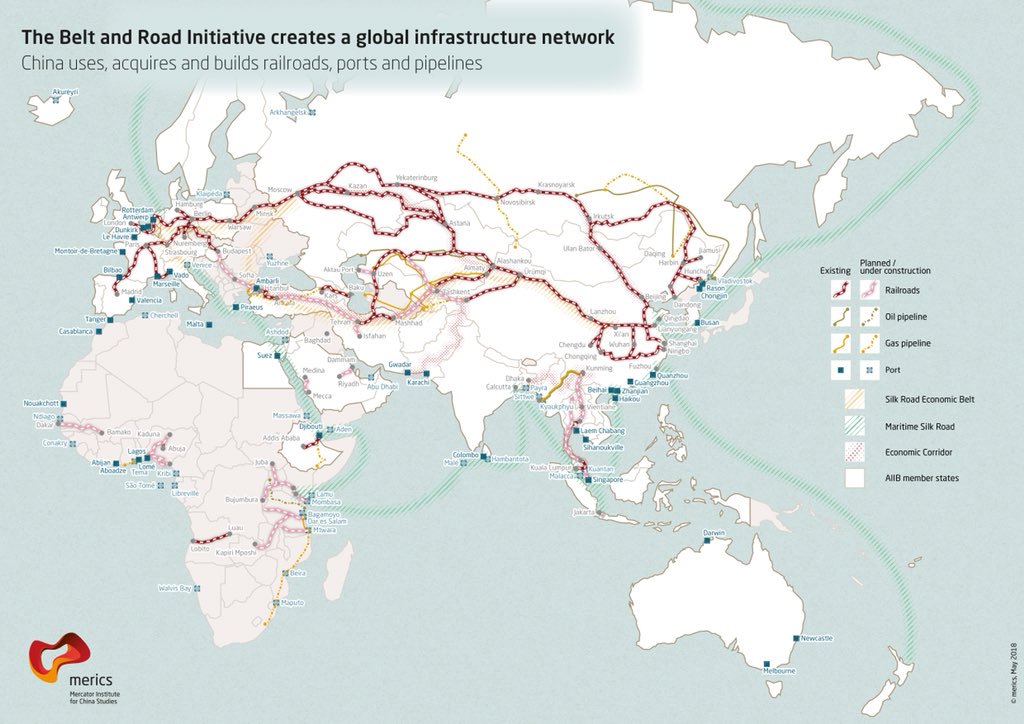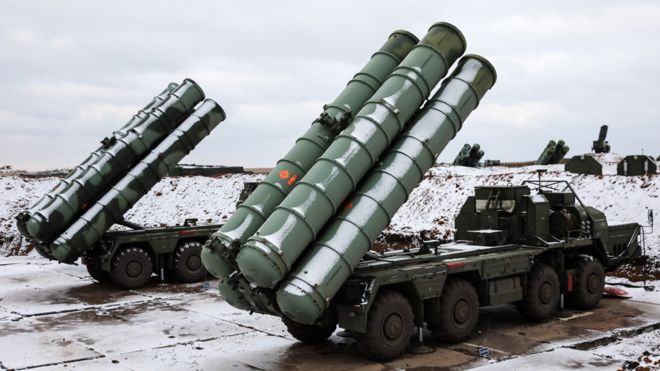𝐓𝐡𝐞 𝐀𝐱𝐢𝐬 𝐨𝐟 𝐭𝐡𝐞 𝐖𝐨𝐫𝐥𝐝
As the US media breathlessly reports on anything involving Russia, and diligently provides air cover for China, one nation has positioned itself to be the axis of the 21st Century& #39;s balance of power:
Turkey.
BIG thread ahead.
As the US media breathlessly reports on anything involving Russia, and diligently provides air cover for China, one nation has positioned itself to be the axis of the 21st Century& #39;s balance of power:
Turkey.
BIG thread ahead.
While Turkey has mostly vanished from the average Westerner& #39;s consciousness, the Turks themselves hold one of the most interesting and storied histories of any peoples on earth.
Like any great empire, some of that history is incredible, and some is horrific.
2/
Like any great empire, some of that history is incredible, and some is horrific.
2/
Any discussion of modern Turkey necessarily begins with their reign over Central Asia as the Ottoman Empire.
Spanning five centuries, the Ottomans held a vise grip on the routes between the East and West, benefiting politically, economically, and militarily.
3/
Spanning five centuries, the Ottomans held a vise grip on the routes between the East and West, benefiting politically, economically, and militarily.
3/
While the Empire peaked in the 16th century, it was a relevant and durable presence for the next three centuries.
However, its location and ambition made it a constant target, and the Empire suffered military defeats beginning with the Great Turkish War, ending in 1699.
4/
However, its location and ambition made it a constant target, and the Empire suffered military defeats beginning with the Great Turkish War, ending in 1699.
4/
By the early 1800& #39;s, the Ottomans saw the need for reform.
Launched by Sultan Mahmud II, the "Tanzimat" period began in 1838, and was completed over forty years by Mahmud& #39;s heirs.
Notably, all subjects of the Sultan were made Ottomans by decree, regardless of ethnicity.
5/
Launched by Sultan Mahmud II, the "Tanzimat" period began in 1838, and was completed over forty years by Mahmud& #39;s heirs.
Notably, all subjects of the Sultan were made Ottomans by decree, regardless of ethnicity.
5/
By the pre-WWI era, the Ottoman Army had synthesized influences from the French, British, Russians, and most of all, the Germans.
That influence led the Empire to join Germany and Austria as one of the Central Powers fighting the Allied Powers in WWI.
6/
That influence led the Empire to join Germany and Austria as one of the Central Powers fighting the Allied Powers in WWI.
6/
The Ottomans were also among the first to establish a military aviation capability, launching the Ottoman Aviation Squadrons in mid-1911.
The Ottomans& #39; German allies had done this the year prior.
They knew the importance even then of a strong air force.
7/
The Ottomans& #39; German allies had done this the year prior.
They knew the importance even then of a strong air force.
7/
Wars of independence in the 1800& #39;s had separated Greece, Serbia, and Bulgaria from the Empire, and resulted in extensive persecution of Muslims in those new nations.
Further reforms under Tanzimat attempted to address these challenges, but no true stability resulted.
8/
Further reforms under Tanzimat attempted to address these challenges, but no true stability resulted.
8/
The Empire of the WWI years was troubled by political and religious strife (related to the Tanzimat integration), in addition to being an active participant in the war against former European allies.
The Empire had further taken heavy losses in 1911-1914 military conflicts.
9/
The Empire had further taken heavy losses in 1911-1914 military conflicts.
9/
In the twilight years of the Empire (post-Young Turk Revolution of 1908 through the founding of the Republic of Turkey in 1923), a policy of pogroms against suspected dissident nations (Armenia in particular) was carried out.
These genocides remain a horrific open wound.
10/
These genocides remain a horrific open wound.
10/
All of these challenges and resulting decisions became cultural inflection points that remain today.
Turkish nationalists pine for the days when their nation was the axis of power where East met West.
The old ethnic policies of the Empire still complicate affairs even now.
11/
Turkish nationalists pine for the days when their nation was the axis of power where East met West.
The old ethnic policies of the Empire still complicate affairs even now.
11/
It is important to note that I& #39;m not making a value judgment on the Turks of today in light of ancestral sins.
The genocides and ethnic wars of the late Ottoman Empire are a stain upon fabric of human history.
No one involved, on either side, was hands-clean.
12/
The genocides and ethnic wars of the late Ottoman Empire are a stain upon fabric of human history.
No one involved, on either side, was hands-clean.
12/
A historical groundwork was necessary to understand what follows here, because the modern Turkish republic& #39;s future is inexorably tied to its imperial past.
This is because current Turkish president Recep Tayyip Erdogan can be best described as a "neo-Ottoman".
13/
This is because current Turkish president Recep Tayyip Erdogan can be best described as a "neo-Ottoman".
13/
Just as Chinese president Xi Jinping often references the halcyon period of the Han dynasty, or Russian president Putin shows ambition to rebuild Russian power under a neo-Soviet "Eurasia", Erdogan& #39;s stated ambition for the future harkens back to the days of Ottoman glory.
14/
14/
And in keeping with the Ottoman Empire& #39;s complex, chaotic-neutral relationship with its allies and neighbors, Erdogan has continued to play both sides against his own middle.
Further, Erdogan is not a simple nationalist.
He believes he is building the new Caliphate.
15/
Further, Erdogan is not a simple nationalist.
He believes he is building the new Caliphate.
15/
Without getting deep into the weeds, the Caliph is considered in Islamic tradition to be the successor to the Prophet Mohammad.
Thus, the Caliph is the defacto leader of all Islamic peoples.
The caliphate is the geopolitical banner under which Islam rallies.
16/
Thus, the Caliph is the defacto leader of all Islamic peoples.
The caliphate is the geopolitical banner under which Islam rallies.
16/
The last generally-recognized caliphate was the Ottoman Empire.
Mustafa Ataturk abolished the caliphate and instituted the secular Republic of Turkey in 1923.
Since then, no caliphate has emerged, despite the vicious efforts of ISIS and Osama bin Laden.
17/
Mustafa Ataturk abolished the caliphate and instituted the secular Republic of Turkey in 1923.
Since then, no caliphate has emerged, despite the vicious efforts of ISIS and Osama bin Laden.
17/
This brings the reader up to speed.
There& #39;s bound to be differences of opinion with my summary, but I& #39;m trying to remain apolitical and present the basic facts of things without judgment.
We must be clear-eyed about what IS, not what we might ideologically prefer.
18/
There& #39;s bound to be differences of opinion with my summary, but I& #39;m trying to remain apolitical and present the basic facts of things without judgment.
We must be clear-eyed about what IS, not what we might ideologically prefer.
18/
Finally, it& #39;s (mostly) irrelevant that Erdogan is a dictator.
If he doesn& #39;t care, and he hasn& #39;t been deposed, then realpolitik doesn& #39;t care either.
Power is what it is.
He& #39;s in the big chair.
Onward.
19/
If he doesn& #39;t care, and he hasn& #39;t been deposed, then realpolitik doesn& #39;t care either.
Power is what it is.
He& #39;s in the big chair.
Onward.
19/
In 1952, Turkey joined the NATO alliance as a hedge against Soviet supremacy in the Central Asian region.
The NATO members were happy to agree to this because it offered a critical ally at a prime geopolitical chokepoint.
Everyone benefited.
20/
The NATO members were happy to agree to this because it offered a critical ally at a prime geopolitical chokepoint.
Everyone benefited.
20/
Despite a dustup in 1974 with NATO ally Greece over the disputed island of Cyprus, Turkey more or less stayed in the fold.
With the second-largest military in the alliance, Turkey is also a major buyer of Western military hardware, even becoming a manufacturing partner.
21/
With the second-largest military in the alliance, Turkey is also a major buyer of Western military hardware, even becoming a manufacturing partner.
21/
Notably, just prior to the 1952 inclusion of Turkey to NATO, it had already agreed to build the then-named Adana Air Base in cooperation with the US.
Later named Incirlik Air Base, it became a critical staging point for reconnaisance missions over much of the Soviet Union.
22/
Later named Incirlik Air Base, it became a critical staging point for reconnaisance missions over much of the Soviet Union.
22/
Today, Incirlik remains a crucial NATO asset, with a number of air-launched B61 thermonuclear bombs still (allegedly) stored on-base.
Incirlik also remains a staging point for US military efforts in the region, hosting UAV& #39;s, refuelers, A-10& #39;s, and other assets.
23/
Incirlik also remains a staging point for US military efforts in the region, hosting UAV& #39;s, refuelers, A-10& #39;s, and other assets.
23/
Beyond Incirlik, Turkey& #39;s large and modern defense manufacturing industry was to be a key part of the US& #39; F-35 Joint Strike Fighter (JSF) program.
Multiple major Turkish contractors were making components for the program, and Turkish pilots were being trained in the US.
24/
Multiple major Turkish contractors were making components for the program, and Turkish pilots were being trained in the US.
24/
That all changed in mid-2019.
Turkey, in direct contravention of NATO demands, took delivery of its first batch of Russian S-400 anti-air missile batteries.
The Trump Administraiton reacted forcefully, pulling Turkey from the F-35 program completely.
25/
Turkey, in direct contravention of NATO demands, took delivery of its first batch of Russian S-400 anti-air missile batteries.
The Trump Administraiton reacted forcefully, pulling Turkey from the F-35 program completely.
25/
Not only was it a slap in the face to NATO, and the US in particular, but the S-400 has a rumored trick up its sleeve:
It can allegedly detect and lock onto even 5th-gen "stealth" jets like the F-35.
Note, there& #39;s a lot of debate on this point.
https://www.defenseone.com/technology/2019/07/why-s-400-and-f-35-cant-get-along/158504/
26/">https://www.defenseone.com/technolog...
It can allegedly detect and lock onto even 5th-gen "stealth" jets like the F-35.
Note, there& #39;s a lot of debate on this point.
https://www.defenseone.com/technology/2019/07/why-s-400-and-f-35-cant-get-along/158504/
26/">https://www.defenseone.com/technolog...
Further, US-made aircraft, communication, and radar systems are not interoperable with the S-400.
Neither the F-35 nor Turkey& #39;s fleet of F-16& #39;s are capable of integrating as part of an anti-access/area denial (A2AD) defensive framework that also uses the S-400.
27/
Neither the F-35 nor Turkey& #39;s fleet of F-16& #39;s are capable of integrating as part of an anti-access/area denial (A2AD) defensive framework that also uses the S-400.
27/
This presents a problem.
Historically, the Turkish Air Force has been considered one of the premier aviation branches in NATO.
However, following a purge in 2016 of dissident pilots and personnel who allegedly participated in a coup against Erdogan, the TAF has suffered.
28/
Historically, the Turkish Air Force has been considered one of the premier aviation branches in NATO.
However, following a purge in 2016 of dissident pilots and personnel who allegedly participated in a coup against Erdogan, the TAF has suffered.
28/
It was important to Turkey& #39;s capabilities to maintain a consistent supply chain for its legacy and new American jets, while also training up new pilots as fast as possible.
In this light, it is confusing to the casual observer why Turkey would suddenly align to Russia.
29/
In this light, it is confusing to the casual observer why Turkey would suddenly align to Russia.
29/
But Erdogan isn& #39;t one to make sudden, wild shifts.
He& #39;s pragmatic, adopting whatever strategy serves his long-term interest of remaining in power and building a new Ottoman Empire/caliphate.
There must be a reason why he& #39;s pushed Turkey in this direction.
30/
He& #39;s pragmatic, adopting whatever strategy serves his long-term interest of remaining in power and building a new Ottoman Empire/caliphate.
There must be a reason why he& #39;s pushed Turkey in this direction.
30/
It& #39;s simple - Turkey has options, and opportunity.
Recall its geographic location. It& #39;s where East meets West.
That means critical assets must travel though or around Turkey.
Logistics once again tells the story.
Chinese and Russian interests hinge on this NATO nation.
31/
Recall its geographic location. It& #39;s where East meets West.
That means critical assets must travel though or around Turkey.
Logistics once again tells the story.
Chinese and Russian interests hinge on this NATO nation.
31/
I& #39;ve already extensively covered China& #39;s burgeoning geopolitical hegemony in Eurasia, facilitated by the #beltandroad initiative (BRI).
Recall, too, my constant refrain:
"Watch the chokepoints."
https://twitter.com/man_integrated/status/1191754563310833664
32/">https://twitter.com/man_integ...
Recall, too, my constant refrain:
"Watch the chokepoints."
https://twitter.com/man_integrated/status/1191754563310833664
32/">https://twitter.com/man_integ...
Turkey is the mother of geopolitical chokepoints.
The extensive Russian naval assets in the Black Sea MUST pass through the Turkish Straits.
Middle Eastern natgas and oil pipelines MUST pass through Turkey.
China& #39;s BRI MUST go through Turkey.
NATO MUST keep Turkey.
33/
The extensive Russian naval assets in the Black Sea MUST pass through the Turkish Straits.
Middle Eastern natgas and oil pipelines MUST pass through Turkey.
China& #39;s BRI MUST go through Turkey.
NATO MUST keep Turkey.
33/
Here, as with Belt and Road, geopolitics is governed as much by the "geo-" as it is the "-politics".
The literal, physical terrain chooses the battle for the occupants and outside parties.
And the choices made by the occupant limits or expands their options in turn.
34/
The literal, physical terrain chooses the battle for the occupants and outside parties.
And the choices made by the occupant limits or expands their options in turn.
34/
The tea leaves reveal little at the moment.
Though Turkey refuses to back down from the S-400 purchases, it continues to actively participate in shared military activities in coordination with NATO countries, as well as defense manufacturing cooperation.
35/
Though Turkey refuses to back down from the S-400 purchases, it continues to actively participate in shared military activities in coordination with NATO countries, as well as defense manufacturing cooperation.
35/
Thus in some ways, Turkey remains an important ally.
In others, it& #39;s clear that Erdogan is playing his own game.
The US and NATO must prepare for, and fluidly navigate, both outcomes.
What does that look like?
36/
In others, it& #39;s clear that Erdogan is playing his own game.
The US and NATO must prepare for, and fluidly navigate, both outcomes.
What does that look like?
36/
Understand, Erdogan is likely not giving up his S-400 missile batteries.
Turkey& #39;s defensive stance is built around regional air superiority.
With the reduction in force of the Turkish Air Force from the 2016 "coup", Turkey MUST have the S-400 as part of its A2AD system.
37/
Turkey& #39;s defensive stance is built around regional air superiority.
With the reduction in force of the Turkish Air Force from the 2016 "coup", Turkey MUST have the S-400 as part of its A2AD system.
37/
This is the reality for which the US and NATO must prepare.
Military alliances are only as strong as the threats arrayed against the individual member-states.
The age of #durabledisorder mitigates the utility of these mega-alliances.
The US must think asymmetrically.
38/
Military alliances are only as strong as the threats arrayed against the individual member-states.
The age of #durabledisorder mitigates the utility of these mega-alliances.
The US must think asymmetrically.
38/

 Read on Twitter
Read on Twitter